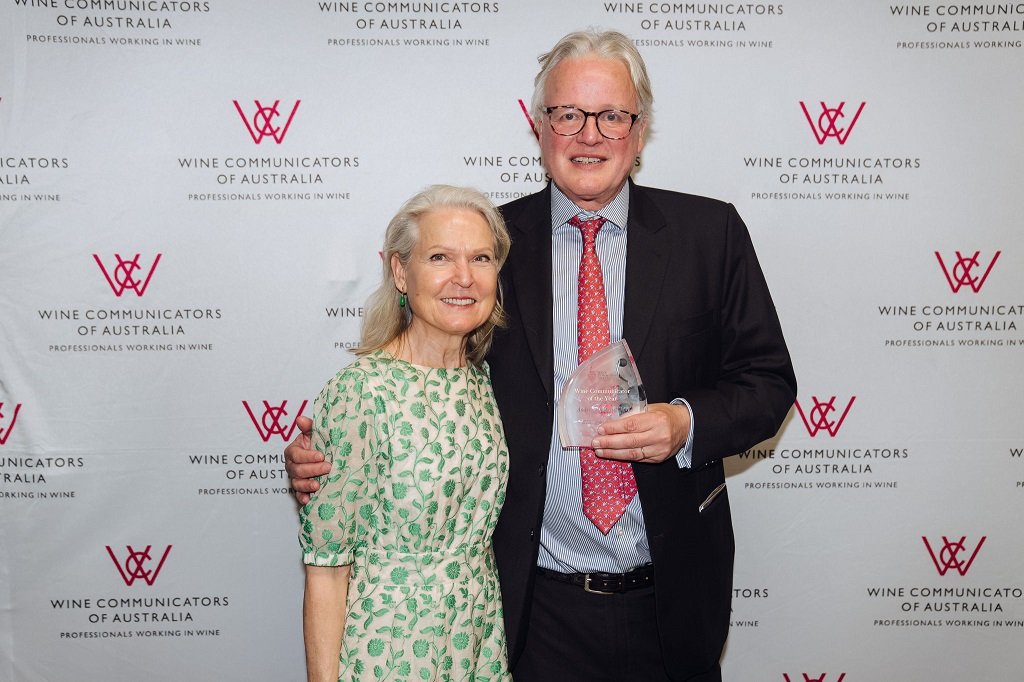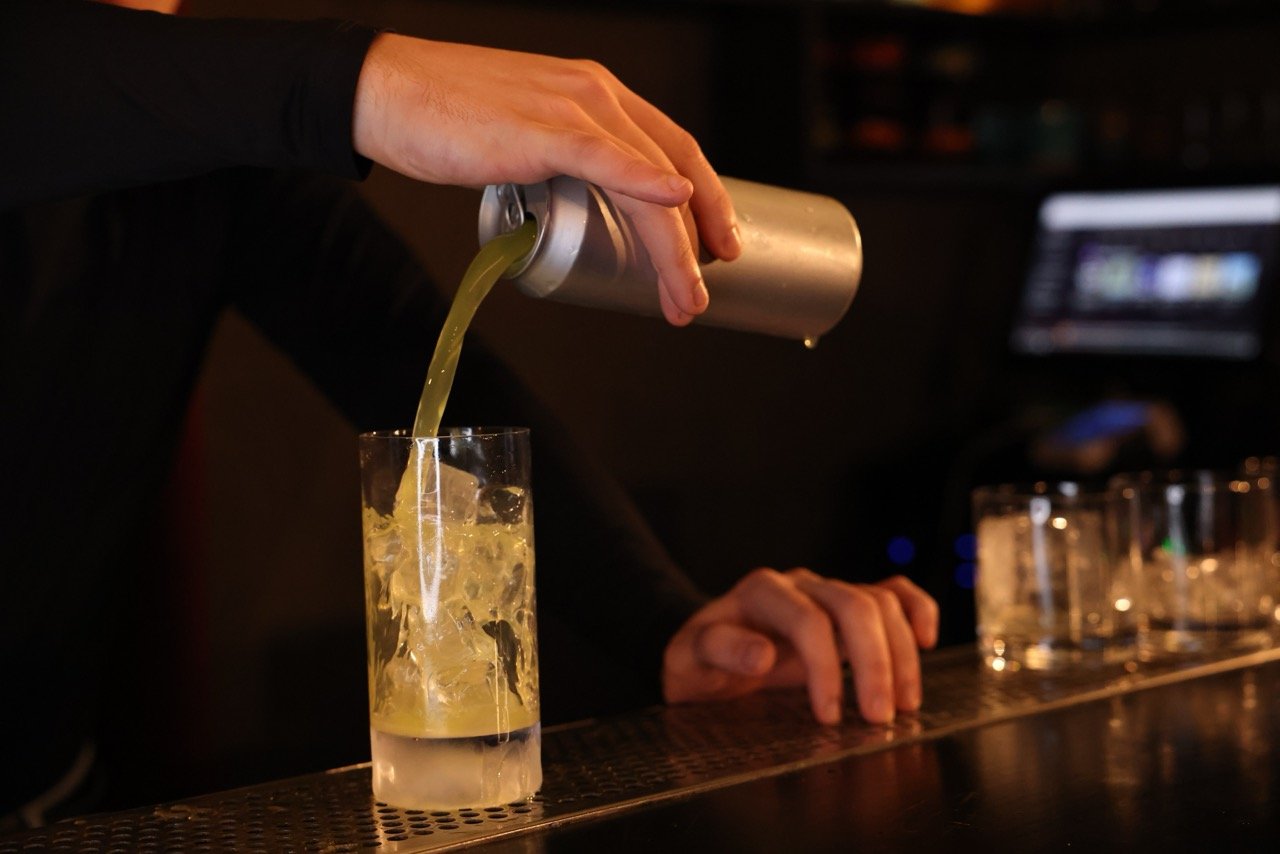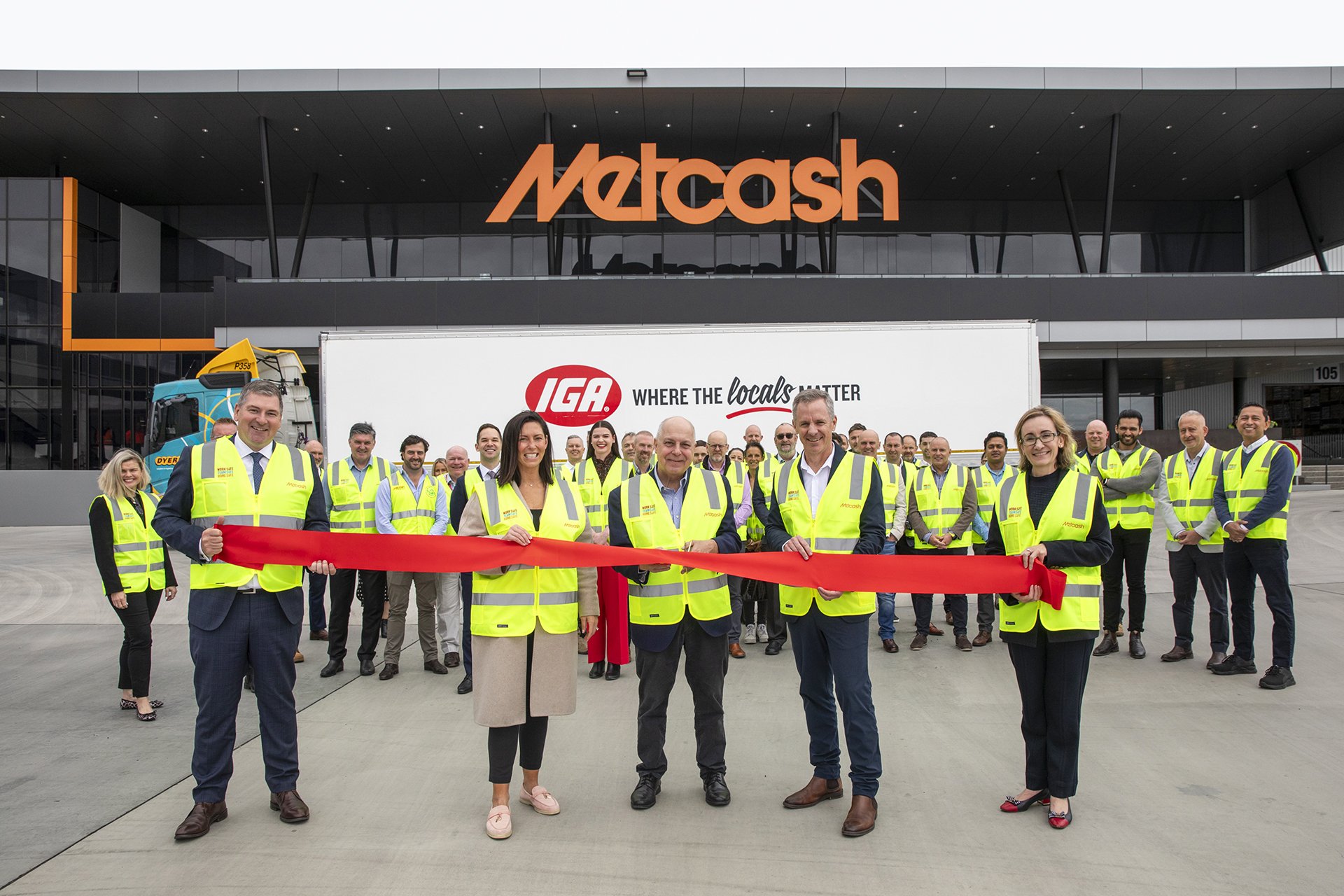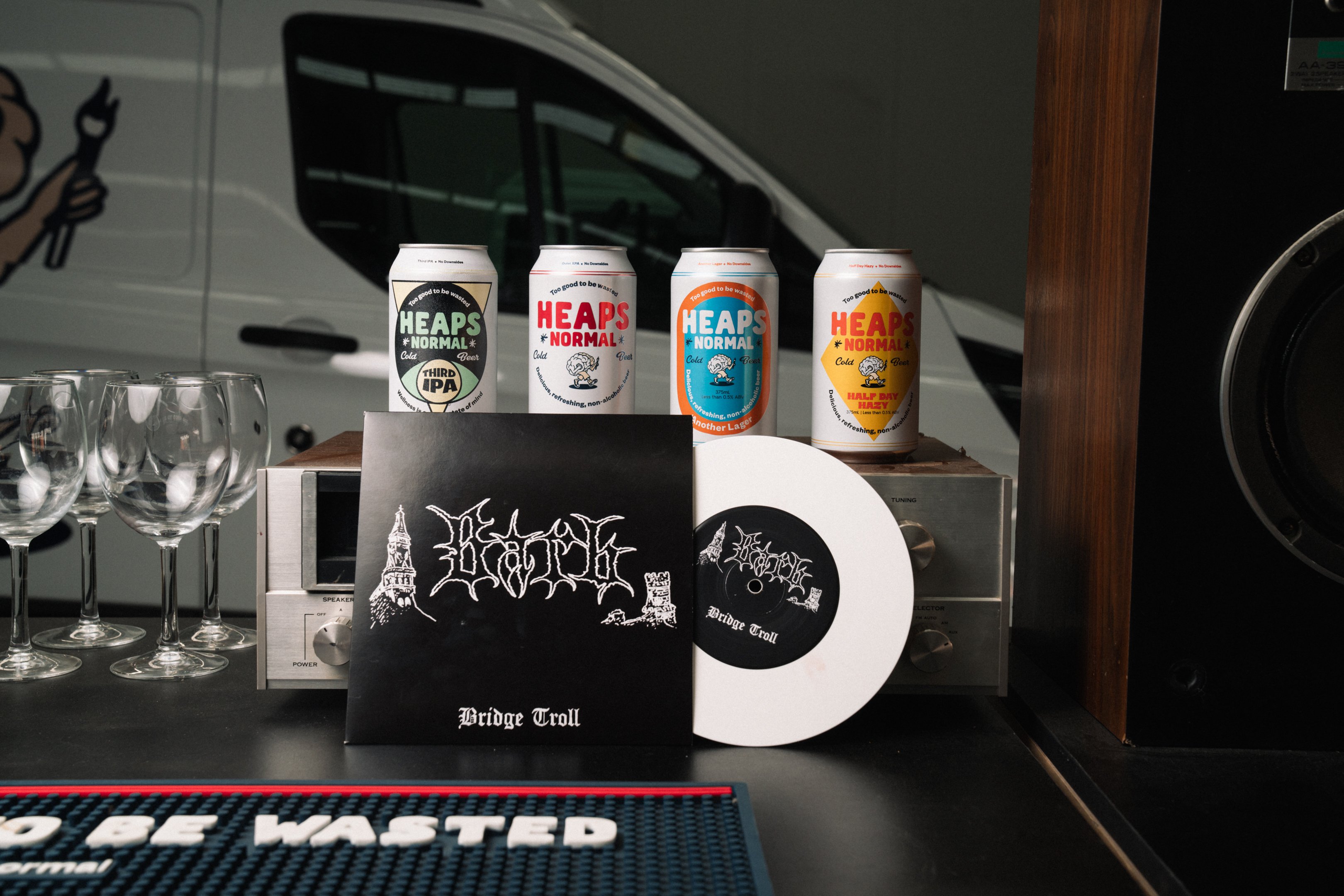The Alcohol Beverages Advertising Code (ABAC) scheme released its revised Responsible Alcohol Marketing Code last week.
The reinforced Code is the result of 15 months of public consultation, according to ABAC, who reported an increased number of advertising complaints in the first quarter of 2023, compared to the same time last year.
Now one of the strictest codes of its kind, the scheme is chaired by Harry Jenkins AO, former Speaker of the House of Representatives, along with the Hon Michael Lavarch AO, former Attorney-General, who serves as Chief Adjudicator.
Jenkins said the Code was already one of the strictest codes for alcohol advertising in the world, and revisions were needed to adapt the Code to the modern world of digital and social media, especially to protect children from exposure to alcohol advertising.
“We recognise the need for the Code to do more to keep pace with the changing marketing environment, particularly in relation to protecting young people.
“It is an example of government, industry and other independent stakeholders joining together to ensure alcohol advertising is appropriate and in line with efforts to reduce harmful consumption and protect young people,” he said.
Considering a wide range of submissions from the government, health organisations, the industry and the community, Jenkins said an extensive consultation process was necessary to ensure the Code is in line with public expectations on appropriate advertising of alcohol products.
“We’ve consulted widely and believe that the changes to strengthen the Code will ensure its continued effectiveness by both pro-actively educating the industry on best practice responsible marketing and also re-actively addressing alcohol marketing that fails to meet these high standards through assessment of public complaints by the independent expert complaints panel,” said Jenkins.
Lavarch agrees: “The strengthened Code gives our independent adjudication panel the authority it needs to continue to meet and exceed community standards when it comes to the responsible marketing of alcoholic products,” he said.
Key areas of change in the Code include:
- Increasing the percentage of adult viewers required before alcohol advertising is permitted around television programmes from 75 per cent to 80 per cent to ensure Australia’s Code is best practice globally.
- Expanding the definition of ‘Strong and Evident Appeal to Minors’ to further ensure that alcohol advertisements do not engage young people.
- Expanding restrictions on the direct marketing of alcohol by toughening requirements to offer opt outs from this marketing and ensure these are honoured.
- Tighter restrictions on what is meant by responsible and moderate alcohol consumption including the unacceptability of treating excessive alcohol consumption as amusing and of negatively portraying abstinence or refusal of alcohol.
- Following concerns raised during the COVID pandemic the review of the Code clarifies that suggesting consumption of alcohol offers a therapeutic benefit is prohibited and this has been expanded to clarify that this includes a health or mental health benefit, and it is not permissible to suggest alcohol helps overcome problems or adversity.
- The Code has also been extended to cover the marketing of ‘alcohol alternatives’ ie products styled as beer, wine, spirits etc but with an ABV of less than 0.5%. Since the last Code review there has been significant growth in this product sector globally. This extension aims to protect minors by ensuring that alcohol alternative marketing does not inadvertently model inappropriate alcohol use.
Stay up-to-date with the latest industry news with the Drinks Trade e-newsletter.
Share the content










